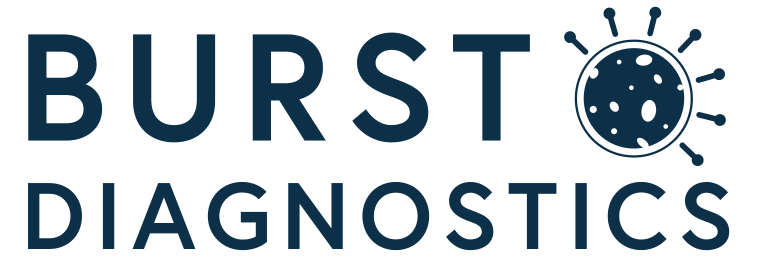FAQs
Answers to common questions about how we collaborate, develop, and scale diagnostic solutions.
Technical
-
CaDI stands for capillary-driven immunoassay.
The core technology behind CaDI originated from NIH-funded academic research in the laboratories of three professors at Colorado State University (CSU). It was initially developed during the COVID-19 pandemic to create more sensitive, rapid diagnostic tests that could meet the urgent need for accurate detection outside of central laboratories. Building on those early innovations, the platform has since expanded beyond COVID-19 to support a wide range of point-of-care diagnostic applications.
-
We develop immunoassays in both sandwich and competitive formats, optimized for our CaDI platform. These include quantitative or qualitative assays for proteins, biomarkers, antigens, and other small molecules.
-
Unlike lateral flow assays, CaDI delivers quantitative, lab-grade sensitivity in ~10 minutes. It automates complex ELISA steps into a simple, one-step solution, without requiring a lab.
Read more about how CaDI works here.
-
We support chemiluminescent, colorimetric, and electrochemical readouts, depending on your assay requirements and performance goals.
Our platform can deliver either quantitative or qualitative results based on the specific needs of your assay. -
Yes. CaDI was engineered to support multiplexing and has been validated with panels of up to four distinct targets, with potential for further expansion depending on the application.
-
Our platform is compatible with a wide range of sample types, including whole blood, plasma, saliva, urine, swabs, environmental samples, and other aqueous solutions.
-
Our platform can detect analytes in the low picogram-per-milliliter (pg/mL) range, depending on the target and assay format.
-
Yes, we can integrate your validated antibodies or reagents if they meet required specifications. If not, we can assist with antibody screening and selection.
-
BurstDX has several reader models under development, including a research-use-only (RUO), a clinical reader, and a low-cost at-home reader, depending on your specific application needs.
-
In general, proof of concept can be delivered in as little as 6 weeks. Follow-on phases can range from 12-24 weeks, depending on project specifications and assay complexity.
-
We provide regular progress updates on a bi-weekly basis, including data summaries, key milestone tracking, and collaborative technical discussions.
Process-Oriented
-
Yes. We offer OEM manufacturing for partners looking to commercialize custom assays using the CaDI platform.
This includes assay cartridge production, reader integration, private labeling, and other support. Whether you're scaling for pilot launch or full commercial rollout, we can support manufacturing under your brand with our platform at the core.
-
Yes. Our platform and processes are designed with scalability in mind. We support manufacturing from pilot-scale through full commercial production (>20,000 devices/day) with established protocols to ensure quality, consistency, and reproducibility at every stage.
-
We can support research-use-only, clinical-intended, or other commercial assay development.
-
We follow rigorous internal quality control procedures aligned with Good Laboratory Practices (GLP) and design controls commonly used in regulated diagnostics development.
We’ve developed a quality management system that is built to conform to FDA and ISO-13485 requirements.
-
Yes. We are experienced in developing assays intended for FDA and CE-marked applications, and we can adapt our processes to meet regulatory needs.
While we don’t conduct clinical trials in-house, we support partners through that phase, as they are best positioned to define study parameters based on their target use case and population. Our team can provide technical documentation, validation support, and guidance throughout the regulatory process.
-
Yes. We offer flexible licensing or collaborative development models for partners interested in integrating CaDI into their own branded diagnostics or product lines.
Licensing terms are structured based on volume, application, geography, and commercial intent.
-
We use well-documented protocols, QC checkpoints at each development phase, and validated procedures to ensure high reproducibility and lot-to-lot consistency in both prototypes and scaled production.
-
Yes. We offer standalone consulting and assay design services for partners who may not need full development support.
Still Have Questions?
We’re here to help. Whether you're exploring a partnership, looking for technical details, or just want to learn more about CaDI and our custom assay development services, we’d love to hear from you. Fill out the form below and a member of our team will get back to you shortly.

